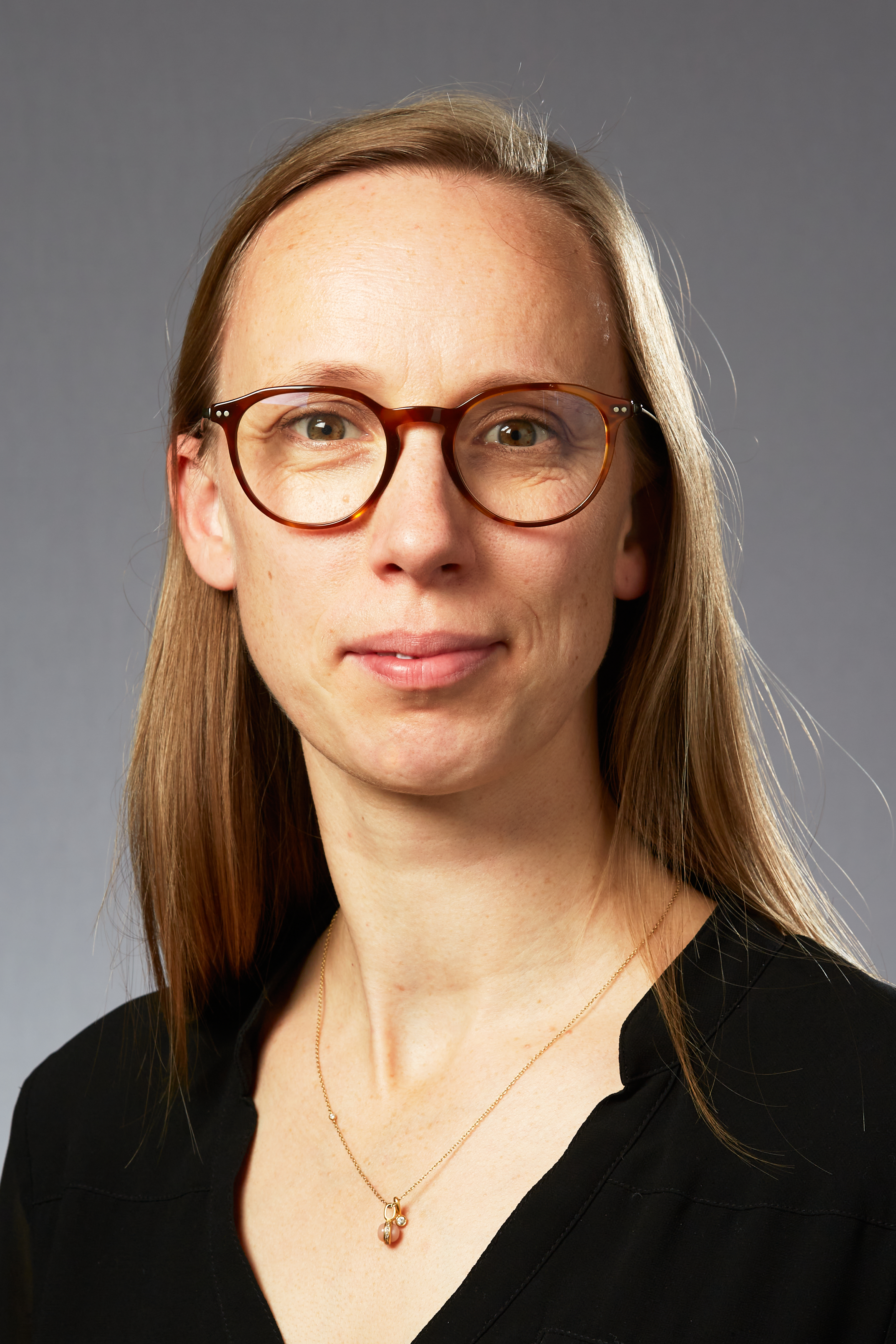Women living alone and not working have lower adherence to vital breast cancer treatment
A new study shows that women who live alone or do not work are more likely to discontinue their hormone therapy early, increasing the risk of breast cancer recurrence. Researchers call for targeted support programmes.

Social characteristics are related to whether women with breast cancer adhere to their hormone therapy.
A new comprehensive study from Aarhus University, Denmark, in which the researchers analysed data from a nationwide cohort, shows that women living alone and women not working had lower adherence to hormone therapy (i.e. tamoxifen or aromatase inhibitors) compared with cohabiting and employed women.
"We don't know why they discontinue their treatment, but some women may need extra support to complete their treatment and thereby reduce the risk of breast cancer recurrence," says Julie A. Schmidt, who is a postdoc at the Department of Clinical Epidemiology, Department of Clinical Medicine at Aarhus University, and Department of Clinical Epidemiology at Aarhus University Hospital, Denmark.
Significant social inequality
The study is based on data from 4,353 women who were under the age of 55 years when diagnosed with breast cancer between 2002 and 2011.
The researchers used information from national registers on women's social characteristics (cohabitation status, education, employment and income) and information collected during their treatment to examine whether they adhered to the treatment.
83 percent of the participants completed the treatment, but the probability of discontinuing treatment early was 48 percent higher for women living alone and 44 percent higher for women not working compared with cohabiting and employed women.
"It is positive that such a large proportion of women adhere to the treatment. In general, the participants in our study did better than the participants in many other studies. But it is a concern to see social inequality in completing hormone therapy," says Julie A. Schmidt.
Need for targeted support
Hormone therapy takes at least five years. Discontinuing the treatment early can have serious consequences for patients. Patients who do not complete the recommended treatment have higher risk of breast cancer recurrence than patients who complete treatment.
According to the researchers, the study emphasises the need for targeted support for the women who need it most.
"Our results have identified two groups of women with breast cancer who may need additional support to adhere to hormone therapy, and I hope the study can highlight some aspects of social inequality when it comes to completing cancer treatment," says Julie A. Schmidt.
The research results - more information:
Type of study: Nationwide, population-based cohort study based on data from administrative registries and the Danish Breast Cancer Group.
Partners: Department of Clinical Epidemiology, Department of Clinical Medicine, Aarhus University, and Department of Clinical Epidemiology, Aarhus University Hospital, Denmark, Department of Oncology, Rigshospitalet, Department of Clinical Medicine, University of Copenhagen, Denmark, Danish Breast Cancer Group, Rigshospitalet, Department of Clinical Medicine, University of Copenhagen, Denmark
External funding: The study was supported by grants to Professor Deirdre Cronin Fenton from the Novo Nordisk Foundation, the Independent Research Fund Denmark and the Danish Cancer Society, as well as a travel grant to Julie A Schmidt from the Danish Cancer Society. The funders had no role in the design of the study, in the collection, analysis and interpretation of data, in the preparation of the manuscript or in the decision to submit the manuscript for publication.
Conflicts of interest: The Department of Clinical Epidemiology, Aarhus University, receives funding for other studies from the European Medicines Agency and from companies in the form of research grants to and administered by Aarhus University. Professor Bent Ejlertsen reports the following: Institutional grants from: Astra Zeneca, Daiichi Sankyo, Eli Lilly, Merck, Novartis, Pfizer, and Samsung; Advisory board: Eli Lilly; and travel grants: Daiichi Sankyo and Merck. None of the above has any relation to the current study.
Link to scientific article: https://ascopubs.org/journal/jco. Published in Journal of Clinical Oncology
Contact:
Postdoc Julie A. Schmidt
Aarhus University, Department of Clinical Epidemiology, Department of Clinical Medicine, and
Aarhus University Hospital, Department of Clinical Epidemiology
Mail: js@clin.au.dk
Phone: +4587168896